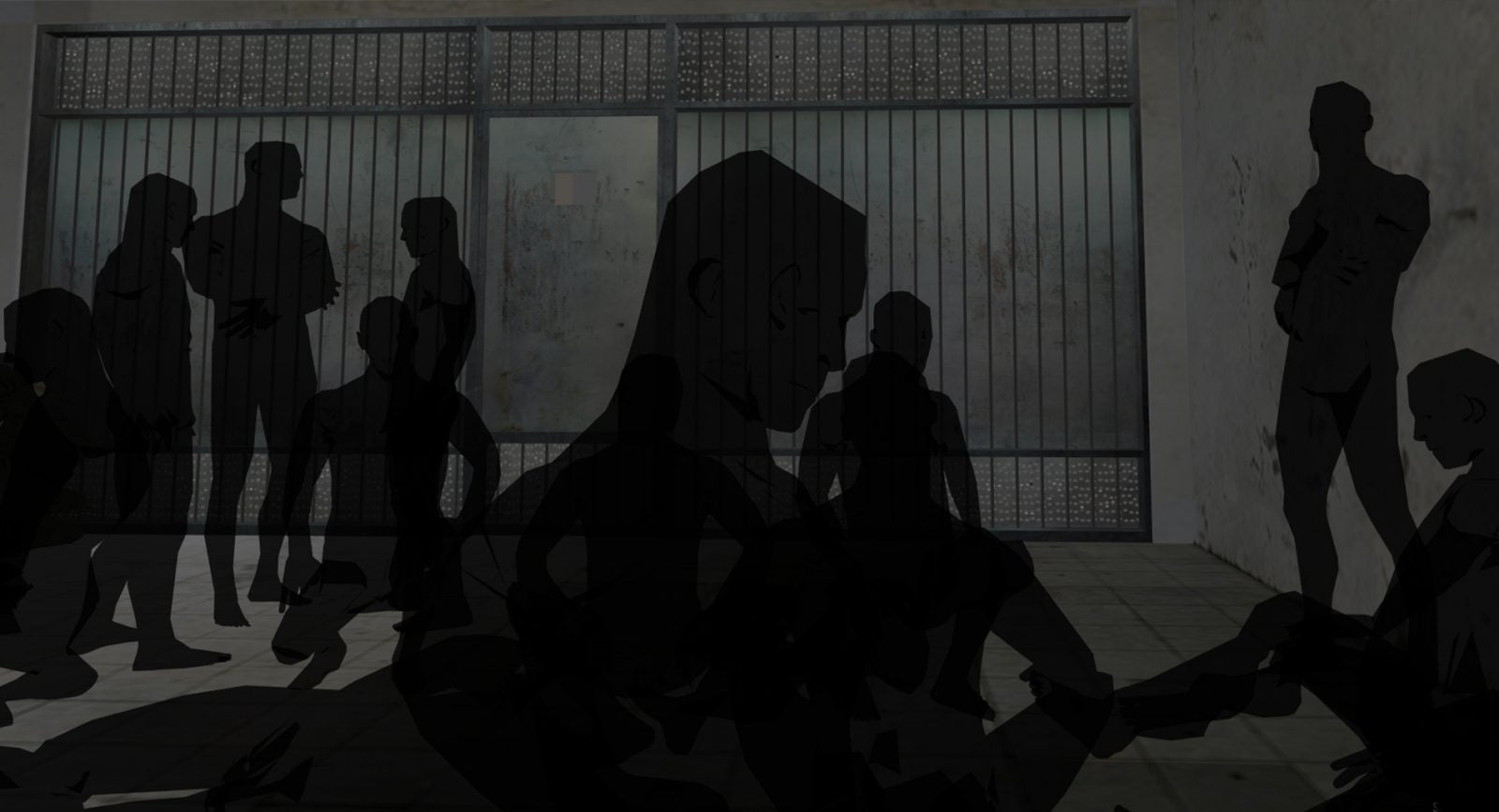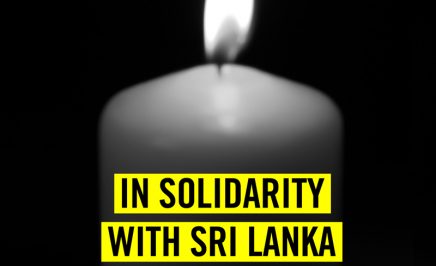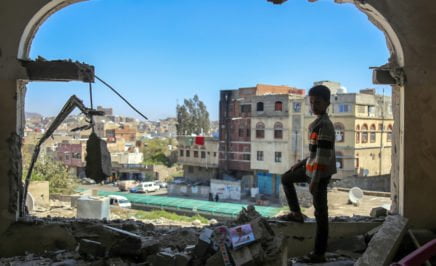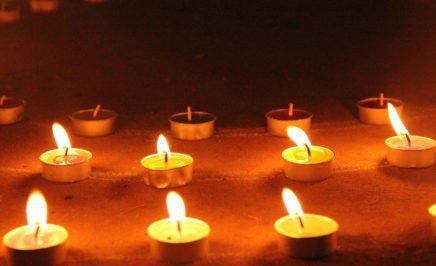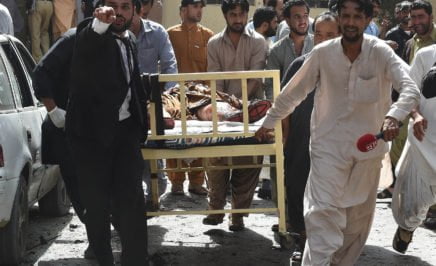Responding to news of the execution of Syrian-Palestinian human rights activist Bassel Khartabil overnight, Anna Neistat, Amnesty International’s Senior Director of Research said:
“We are deeply saddened and outraged at this awful news. Bassel Khartabil will always be remembered as a symbol of courage, who peacefully fought for freedom to the very end. Our thoughts are with his family.
“Bassel Khartabil’s death is a grim reminder of the horrors that take place in Syrian prisons every day. The tens of thousands of people currently locked away inside Syrian government detention facilities face torture, ill-treatment and extra-judicial executions. These cruel acts undoubtedly amount to war crimes and crimes against humanity.”
Bassel Khartabil’s family announced his death on 1 August 2017 after receiving information that he was killed in 2015 after allegedly being “tried” and “sentenced to death” by the military field court in Al-Qaboun, Damascus in a secret hearing. These courts are notorious for conducting closed-door proceedings that do not meet the minimum international standards for a fair trial.
Bassel was arrested on 15 March 2012 by the Syrian Military Intelligence and held in incommunicado detention for eight months before being moved to ‘Adra prison in December 2012. He remained in ‘Adra until 3 October 2015, when he managed to inform his family that he was being transferred to an undisclosed location. Since then his whereabouts remained unknown.
“We urge the Russian government to use its influence on the Syrian authorities to help end this madness. It must allow for independent monitors inside detention sites across Syria and for an investigation to be conducted. Thousands of lives are on the line,” Anna Neistat said.
Background
Bassel Khartabil, was born and raised in Syria to a Palestinian family. He worked as a software developer and was a prominent free speech activist. Before his arrest, Bassel Khartabil used his technical expertise to help advance freedom of speech and access to information via the internet. He has won many awards, including the 2013 Index on Censorship Digital Freedom Award for using technology to promote an open and free internet, and was named one of Foreign Policy magazine’s Top 100 Global Thinkers of 2012 “for insisting, against all odds, on a peaceful Syrian revolution.”
Amnesty International has previously documented ill treatment, torture and extra judicial executions in Syrian prisons.
